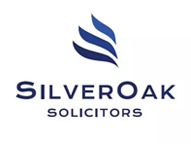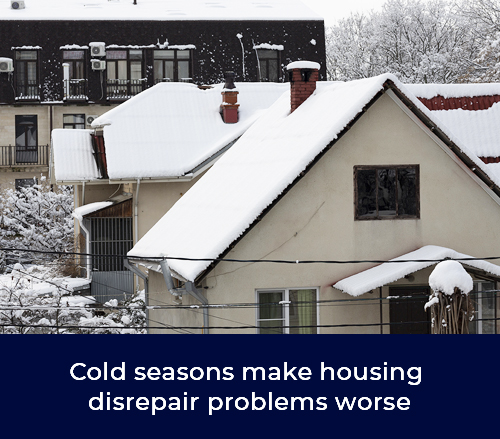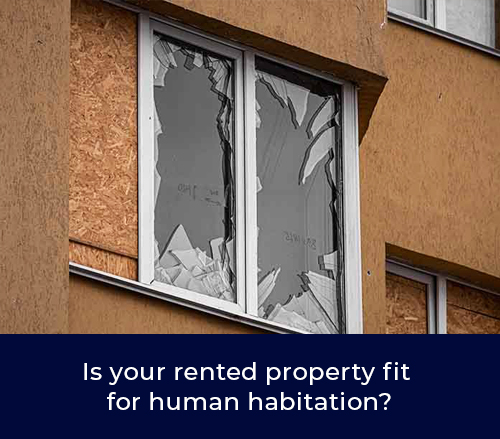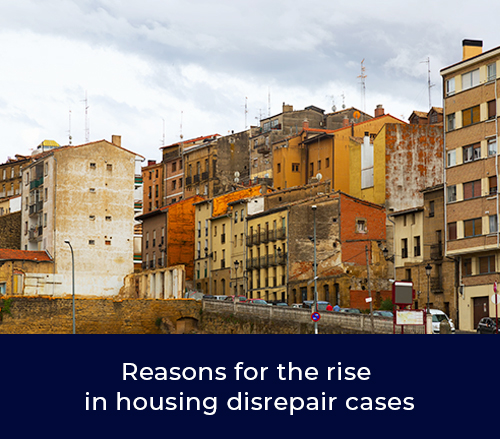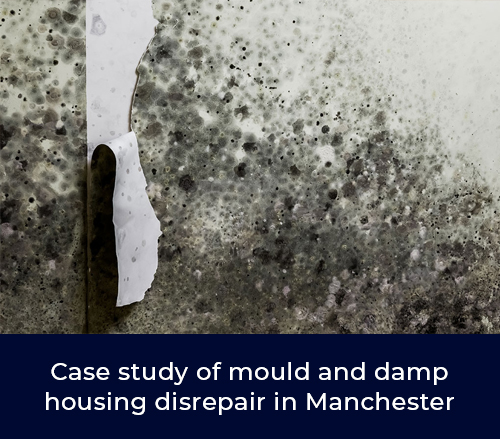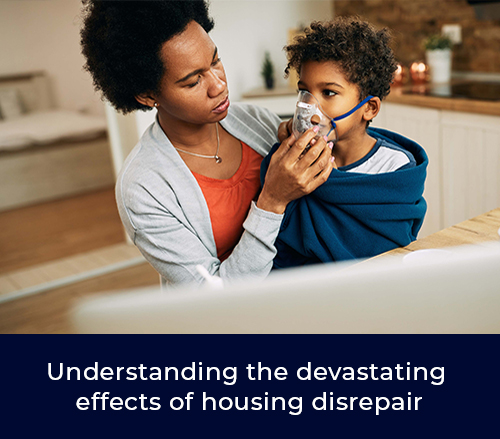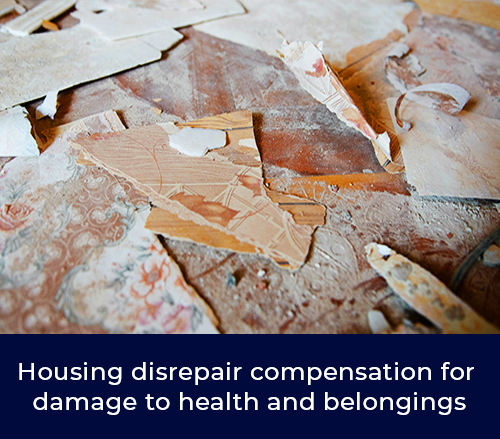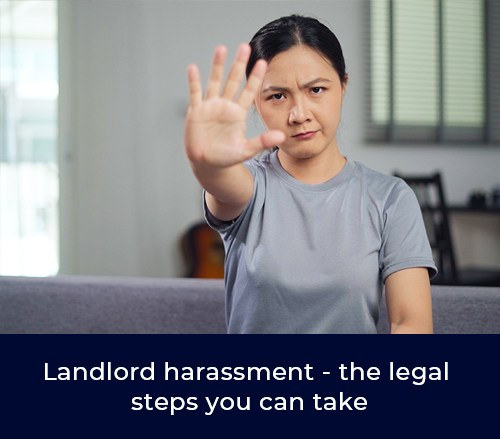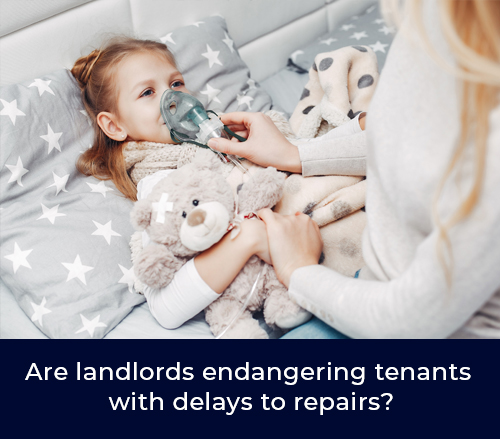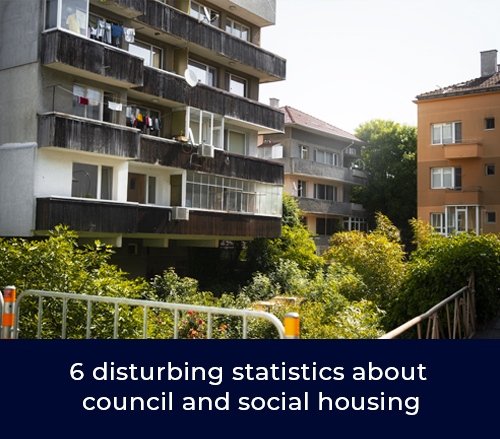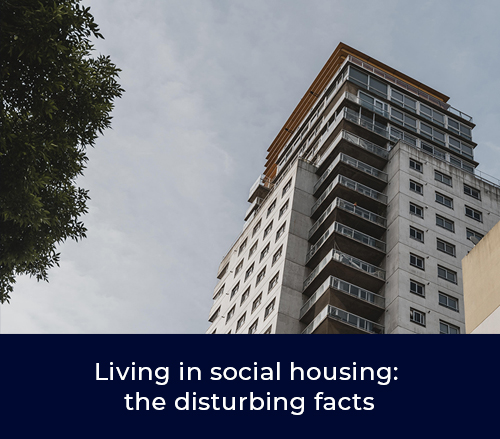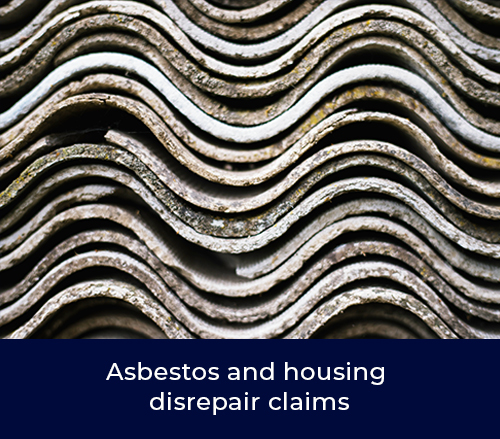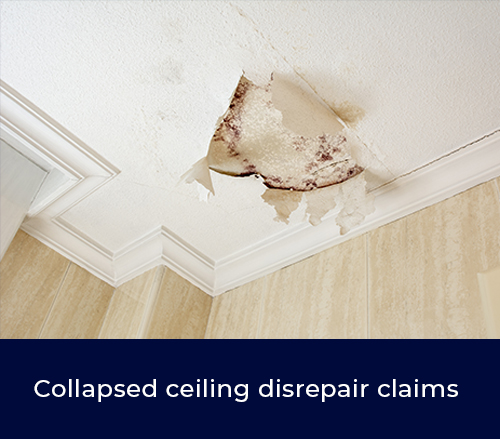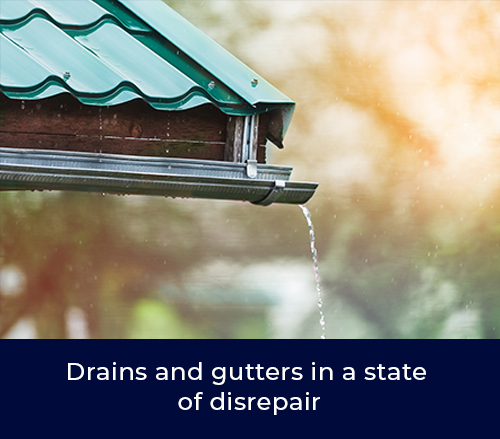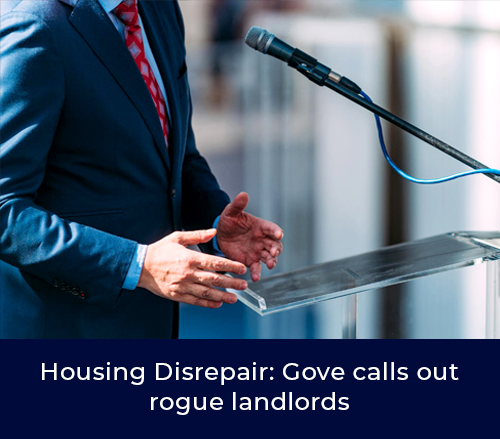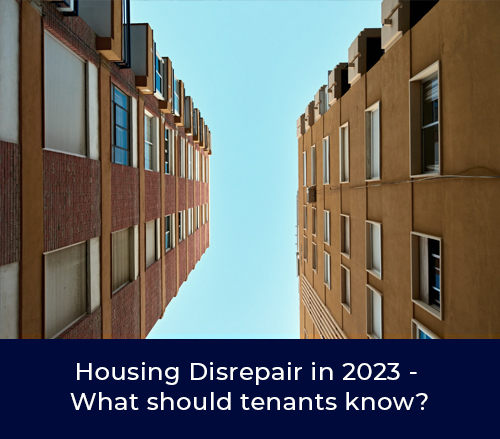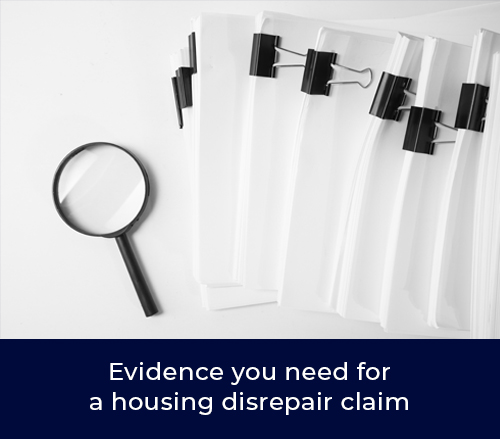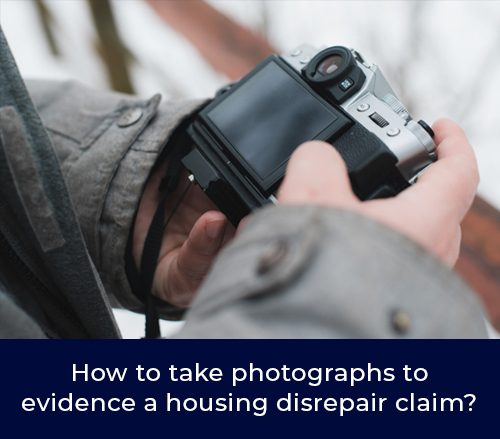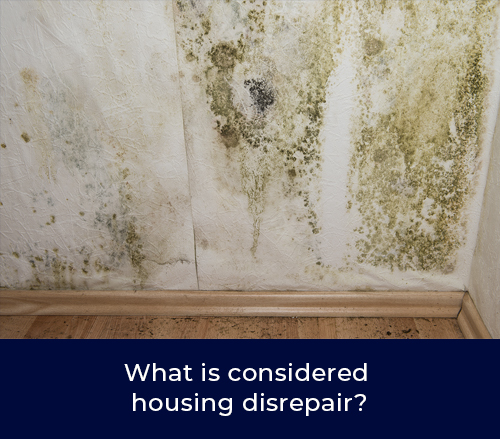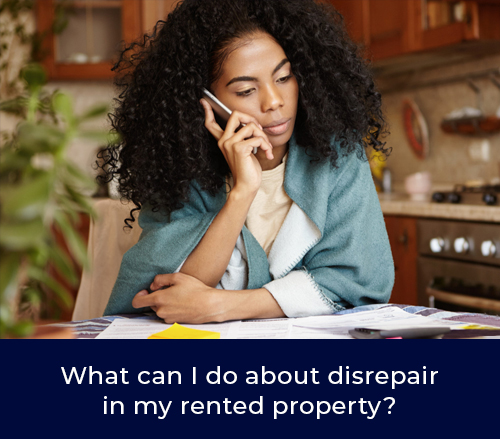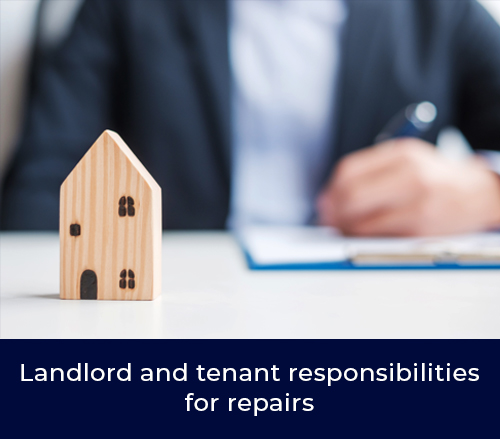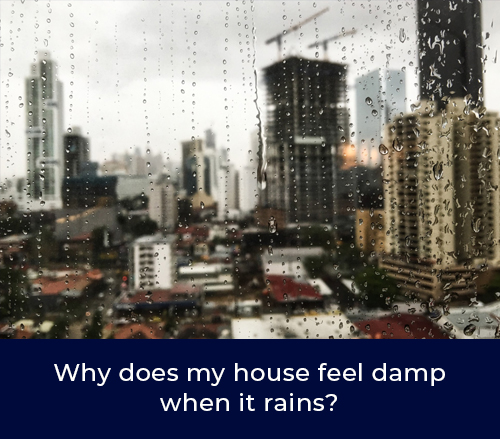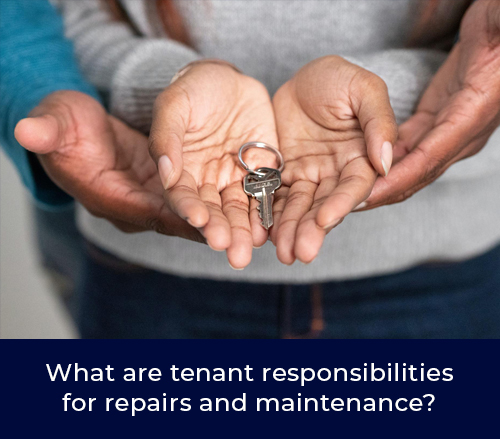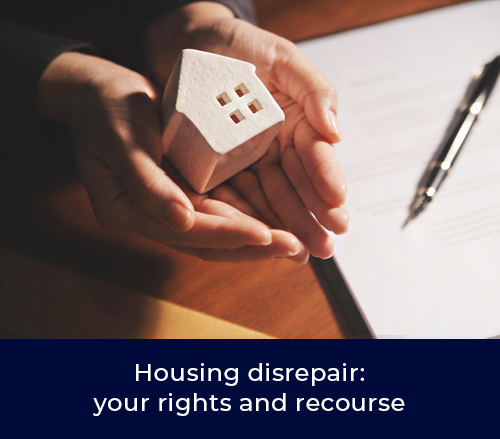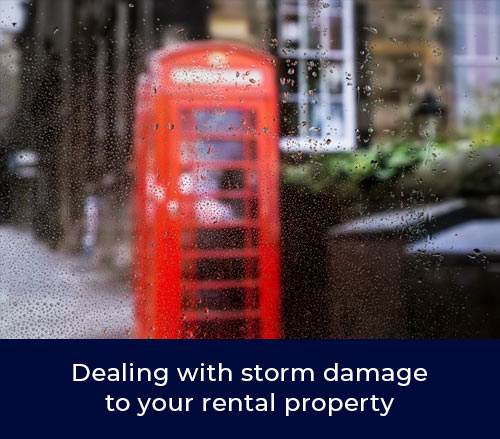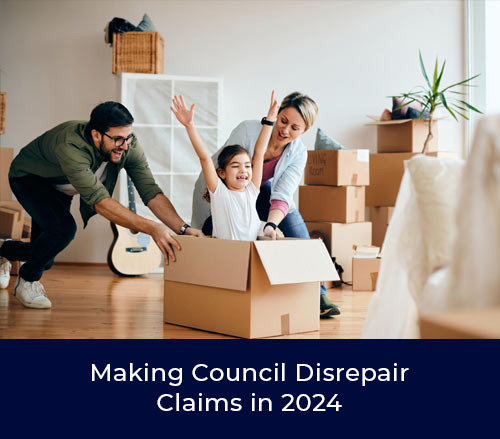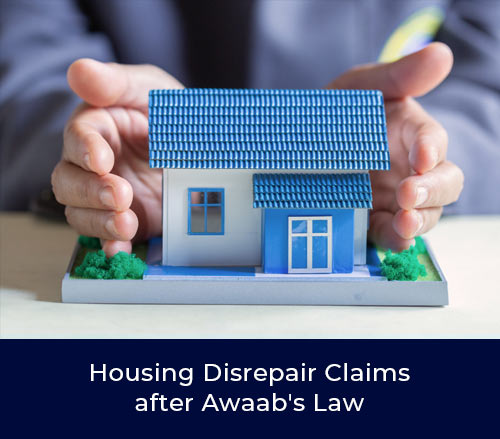Landlord and tenant responsibilities for repairs
Your landlord holds specific responsibilities outlined in your tenancy agreement. It’s essential to comprehend what repairs they are responsible for and how to report them. Here we look into the repair obligations of landlords and tenants in England so that you fully understand your rights and responsibilities as a tenant.
Landlord’s repair responsibilities
Landlords are obligated to carry out necessary repairs to maintain the property’s condition and ensure a safe and habitable living environment for tenants.
Structure and exterior maintenance
Your landlord is primarily accountable for maintaining the structure and exterior of the property. This includes the walls, roof, foundations, drains, guttering, external pipes, windows, and external doors. Repairs to these areas should be carried out promptly.
Plumbing and fixtures
Basins, sinks, baths, toilets, and their associated pipework are also the landlord’s responsibility. Should any issues arise with these plumbing fixtures, they must arrange for repairs or replacements.
Utility systems
The landlord is responsible for the maintenance of water and gas pipes, electrical wiring, water tanks, boilers, radiators, gas fires, fitted electric fires and fitted heaters. These must be adequately maintained to ensure your safety and comfort within the property.
Fitness for Habitation
Your landlord has a legal duty to ensure your home is fit for human habitation. This applies to most tenancy types and failure to meet this obligation should be quickly addressed. If you believe your home is unfit for human habitation, you should contact a solicitor for guidance and assistance if nothing is happening to resolve the issue.
Reporting repairs to your landlord
Promptly notifying your landlord of any necessary repairs is crucial. They are only obliged to address repairs once they have been made aware of the issue.
- Take note of the repair needed and gather any evidence, such as photographs or videos, to support your claim.
- Reach out to your landlord through the preferred communication method stated in your tenancy agreement. Provide a clear and detailed explanation of what is required.
- If your landlord does not respond or fails to address the repairs promptly, send a polite reminder or request a meeting to discuss the matter further.
If the request to repair remains unaddressed for more than 21 days, it can be deemed as negligence. If the repair is not completed within two to three months, you likely have grounds to take legal action against your housing association or council.
Tenant responsibility for property condition
While your landlord is responsible for ensuring habitability, there are instances where the responsibility shifts to you as the tenant:
- Taking care of minor repairs, like replacing fuses and light bulbs, exhibits responsibility and self-sufficiency in maintaining your home.
- Keeping your home reasonably clean.
- Not causing any damage to the property and making sure your visitors don’t cause any damage.
- Using any fixtures and fittings properly, for example, not blocking a toilet by flushing something unsuitable down it.
Your landlord is not obligated to address problems you caused the problem through negligence or unreasonable behaviour.
You may be held responsible for property conditions if:
- You fail to maintain your home adequately. For example, not utilising an extractor fan after showering, resulting in excessive dampness.
- Your actions or behaviours are unreasonable, such as leaving burning candles unattended when you leave the property.
Providing access to have repair work done
In your tenancy agreement, there is usually a provision stating that you must provide access for repair work and outlining the repairs your landlord is responsible for. Whether you have a written or verbal agreement, it’s generally understood that landlords or their agents can access the property for repair assessments.
To ensure transparency, landlords or agents must give you at least 24 hours’ notice before visiting and offer a reasonable time frame, such as between 8 am and 6 pm. However, you may have the opportunity to negotiate a more suitable time with your landlord. Remember to review your tenancy agreement, as it might grant you a longer notice period.
Landlord’s Liability
Negligence refers to situations where the landlord’s careless behaviour causes injury or damage to you or your belongings. They may be considered negligent if they fail to address necessary repairs after being informed or if they perform the repairs inappropriately or even dangerously.
If you have been injured or your belongings have been damaged due to your landlord’s negligence, you may have legal recourse. It’s important to seek legal advice to understand your options and the steps you should take.
The Defective Premises Act 1972
Under the Defective Premises Act 1972, your landlord owes you certain duties of care. These aim to prevent personal injury or property damage caused by defects in your home. The duties extend to you, your family members, and visitors to your home.
Reasonable adjustments for disabled tenants
If you are a disabled tenant, your landlord may have an obligation to make reasonable adjustments upon your request. However, they are not required to remove or alter physical features of the property that would be impractical or unfeasible.
Need legal advice about what your rights are as a tenant? Contact our experienced team at 020 8578 778 or email us at contact@silveroaksolicitors.com.
Get in touch with one of our disrepair experts
Use the online chat on our website
Call us on 020 8578 7778
E-mail us contact@silveroaksolicitors.com
Visit us at our office. We are open Monday-Friday 9am - 5.30pm
When you first contact us, we will ask for some initial details, including your contact information and the nature of your enquiry. You can be assured that everything you discuss with us will be completely confidential, and any information stored by us will be in accordance with UK data protection regulations.


